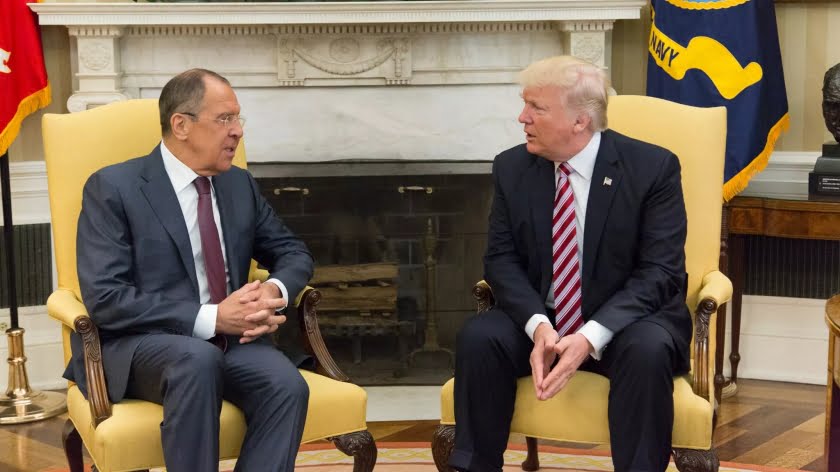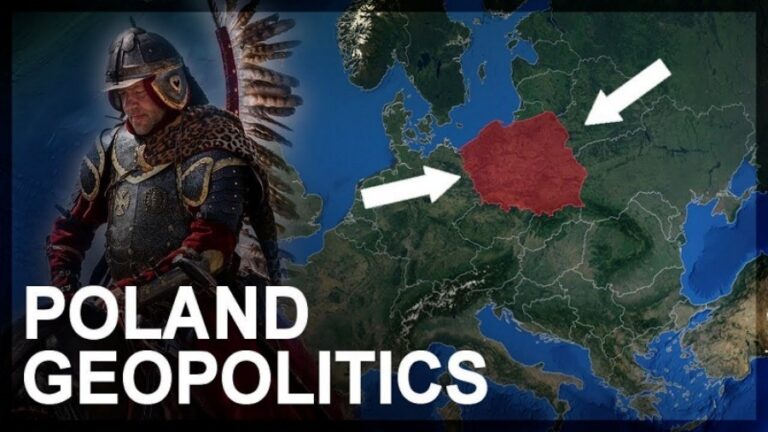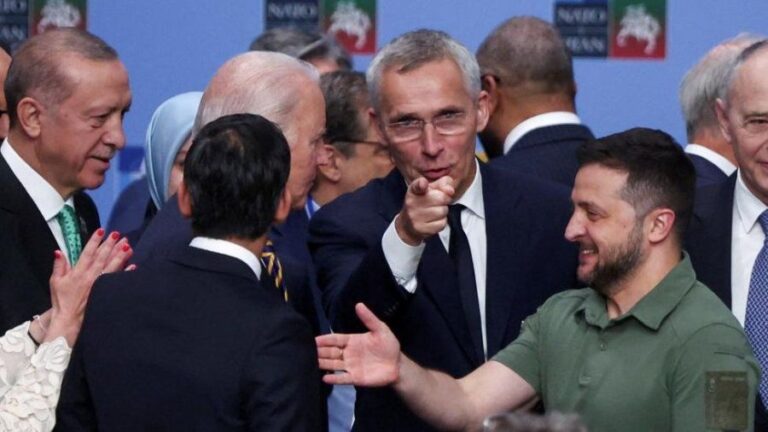Russia Officially Returns to South Asia by Offering to Host Indo-Pak Peace Talks
Russia’s 21st-century grand strategy of becoming the supreme “balancing” force in Afro-Eurasia is one major step closer to fruition after Foreign Minister Lavrov offered to host peace talks between India and Pakistan, proving that Russia’s refusal to take sides between its decades-long and newfound partners is part and parcel of President Putin’s pragmatic approach to regional affairs.
Russian Foreign Minister Lavrov sent shockwaves through South Asia on Thursday by announcing his country’s intent to host peace talks between India and Pakistan if they wish for it to do so, thereby heralding Russia’s return to the region and putting it one major step closer towards fulfilling its 21st-century grand strategy of becoming the supreme “balancing” force in Afro-Eurasia. This brief article will mostly serve as a collection of the author’s relevant pieces about the larger concepts that will be concisely touched upon on a point-by-point basis and should therefore be seen as a resource to rely on for better understanding Russia’s envisaged role in the Eastern Hemisphere.
For starters, many readers need to dispel the Alt-Media dogmas that they’ve been indoctrinated with:
* “Alt-Media: Debunking The Dogma”
Russia isn’t a partisan player for anyone, let alone its traditional partners, but a “balancer” between all:
* “Russia’s Grand Strategy In Afro-Eurasia (And What Could Go Wrong)”
This is most evident by what it’s trying to do in compelling Iran’s “phased withdrawal” from Syria:
* “Russia’s Non-Denial About Brokering Iran’s Withdrawal From Syria Is A Big Deal”
As “politically incorrect” as it is to acknowledge, President Putin is partnering with “Israel” to this end:
* “I’m A Pro-Putin Anti-‘Putinist’ And It’s About Time That Alt-Media Acknowledges That We Exist”
From the hemispheric crossroads of West Asia, Russia is expanding its “balancing” policy to the Balkans:
* “Russia Might Return To The Balkans In A Big (But Controversial) Way”
It’s also set its sights on replicating this approach all over Africa, too:
* “The US Is More Afraid Of Losing Africa To Russia Than To China”
Although it hasn’t achieved anything so far, Russia also toyed with this idea in South America as well:
* “Russia Might Be Planning An Astana-Like Conference For Venezuela”
Outside of the Mideast, Russia has been most successful exporting this model to Afghanistan:
* “The Taliban’s Moscow Travels Have Turned Them Into Seasoned Diplomats”
This has in turn presented it with the opportunity to “balance” between India and Pakistan.
Firstly, Russia’s LEMOA-like logistics/base deal with India enables it to clinch similar deals with others:
* “A Russian-Indian LEMOA Could Lead To Logistics Pacts With Other Littoral States”
Pakistan, the global pivot state, is the most obvious candidate for Russia’s second South Asian LEMOA:
* “Pakistan: The Global Pivot State”
After all, Russia and Pakistan are already in a rapidly expanding strategic partnership with one another:
* “The Roadmap For ‘Rusi-Pakistani Yaar Yaar’”
Russia envisions building a railway to the global pivot state so that it can finally reach the Arabian Sea:
* “The RuPak Railway Could Complement Or Even Replace The NSTC”
That isn’t just for simple matters of prestige, but to expand Russia’s $10 billion presence in the region:
* “The Russian-Pakistani $10 Billion Pipeline Will Promote Eurasian Integration”
The planned Iran-Pakistan-India Pipeline is a key component of Russia’s Afro-Asian Ocean strategy:
* “Russia’s Naval Strategy In The Afro-Asian Ocean”
All told, it’s nothing short of a game-changing geopolitical development that Russia would offer to host peace talks between India and Pakistan because it proves just how wildly successful President Putin’s “balancing” strategy has been thus far, considering how confident Moscow is that it can constructively apply this model to the two nuclear-armed Great Powers in South Asia. Russia has truly returned to the region and is poised to play an even larger role in it over the coming years, which will enable Moscow to more assertively counter the US’ plans to destabilize South Asia and therefore ensure the success of the emerging Multipolar World Order.
By Andrew Korybko
Source: Eurasia Future







